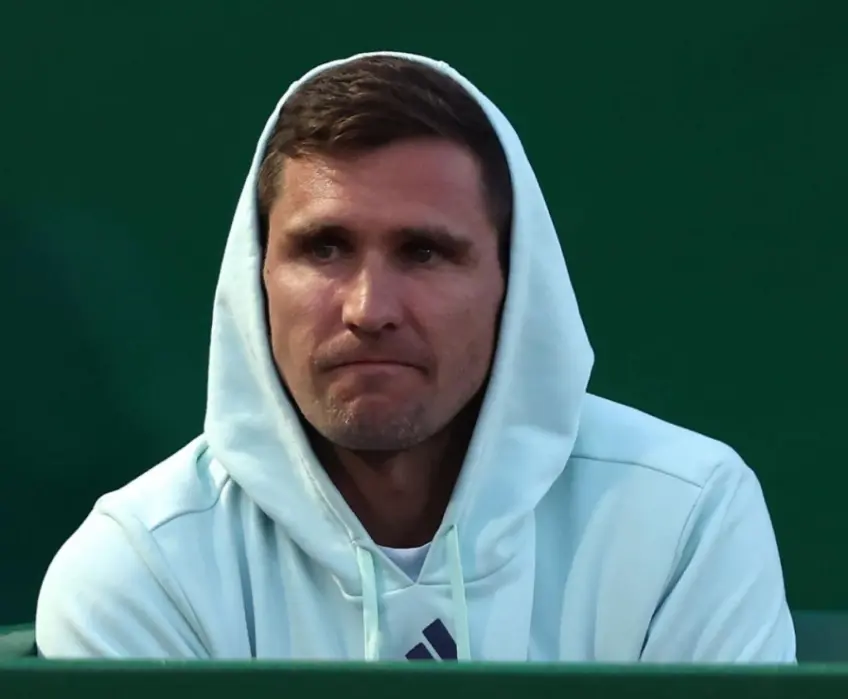In the last few months, more and more professional tennis players, as well as former players, are raising their voices regarding the rights of tennis players. Mischa Zverev, the brother of the great tennis star Alexander Zverev, showed his displeasure with the official tennis bodies, believing that they do not show enough concern for the health of the players.
Looking back on his career, Mischa reflected on the moment he was charged $45,000 for withdrawing midway through a first-round match at the 2018 Australian Open despite being told by the tournament doctor he could continue playing.
The famous tennis player decided to continue even having a fever, wanting to make a success. However, at one point in the match he felt that his body could no longer endure such efforts and decided to withdraw.
However, what frustrates him to the extreme is the fact that they took away 50% of his prize.
"I flew to Australia. I have a fever, I go see the tournament doctor… 'I have a fever, I have a match. What am I supposed to do?' The doctor is like, 'There's some medication, take it, it should reduce your fever. You should be able to play.' I'm like, 'Am I okay to play?' He's like, 'Yeah, take the meds, 30 minutes before going on, you are okay to play, at least attempt to play,'" Alexander Zverev's brother said.
"I'm like, 'Okay, I'm gonna do it.' I go on court, I play second set after, whatever, I retire because I get dizzy. I get fined 50% of my prize money."- he said as quoted by Sportskeeda.
Mischa Zverev is frustrated
The German tennis player could not understand such decisions of the tennis bodies. The supervisor told him that he knew he wasn't ready, but Zverev stressed that the doctor told him he could still play.
However, they did not care too much about his statements, believing that he was responsible for his actions and that he knew whether he could perform or not. This caused deep frustration for the seasoned tennis player, who realized that many things were wrong in the world of tennis.
"I'm like, 'Why that?' Because the supervisor said, 'Well, you knew you weren't fit. I'm like, 'Yes, but the doctor told me I can play.' If the doctor would have said, 'Don't play, you're not allowed,' then it's fine.[He says], 'Yeah, but you shouldn't listen to the tournament doctor. You're responsible for knowing whether you're fit or not.'"
